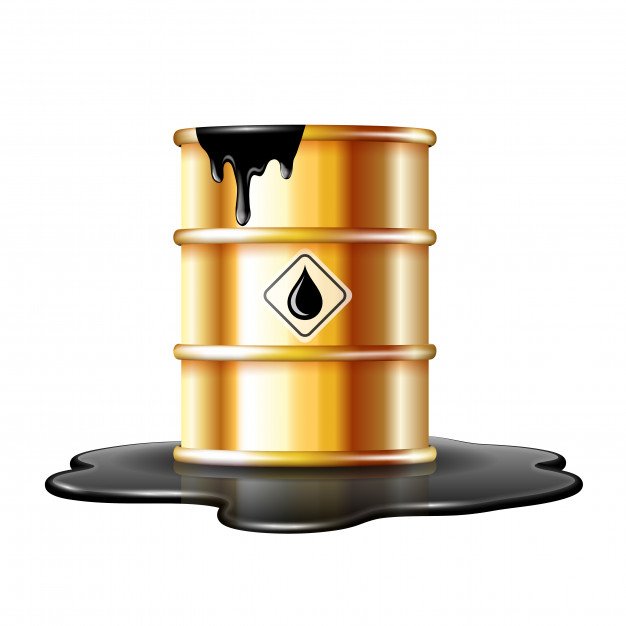Oil prices fell on Thursday as rising COVID-19 cases in China dampened hopes of a recovery in fuel demand for the world’s largest importer of crude oil.
Brent futures for February delivery fell 26 cents, or 0.3%, to $83.00 per barrel at 0430 GMT, while WTI crude fell 26 cents, or 0.3%, to $78.70 a barrel.
As China begins to abolish the world’s strictest quarantine and testing regime, the scale of the latest outbreak and doubts about official data have led some countries to impose new travel rules for Chinese visitors. This may slightly dampen the previous optimism.
As we enter 2023, oil prices have a chance to recover, but the pace of China’s reopening and market participants’ assessment of rising risks with tight central bank policies will continue to weigh on prices.
Oil markets were also buffeted by expectations of another U.S. interest rate increase in the United States, as the Federal Reserve tries to limit price rises in a tight labor market.
US crude inventories fell less than expected at around 1.3 million barrels in the week ended Dec. 23, according to market sources citing figures from the American Petroleum Institute (API). According to analysts’ estimates, a decrease of 1.5 million barrels was expected. The US government will release its weekly figures on Thursday at 15:30 GMT.
Pipeline operator TC Energy also said it is working to restart the section of the Keystone pipeline, which was shut down this month due to a leak, which was pushing prices down. Adding to this problem, the crude oil supply has plummeted further as a freezing Arctic cold wave forced some oil refineries to go offline.
Oil refineries continue to improve their operations, but some of this recovery is expected to extend into January.
The markets, however, received some support when Russian President Vladimir Putin banned the export of crude oil and petroleum products for five months to countries that meet the EU’s price ceiling, effective February 1.
Germany said the ban had “no practical significance” as the country has been working since spring to replace Russian oil supplies and ensure the security of supply.

